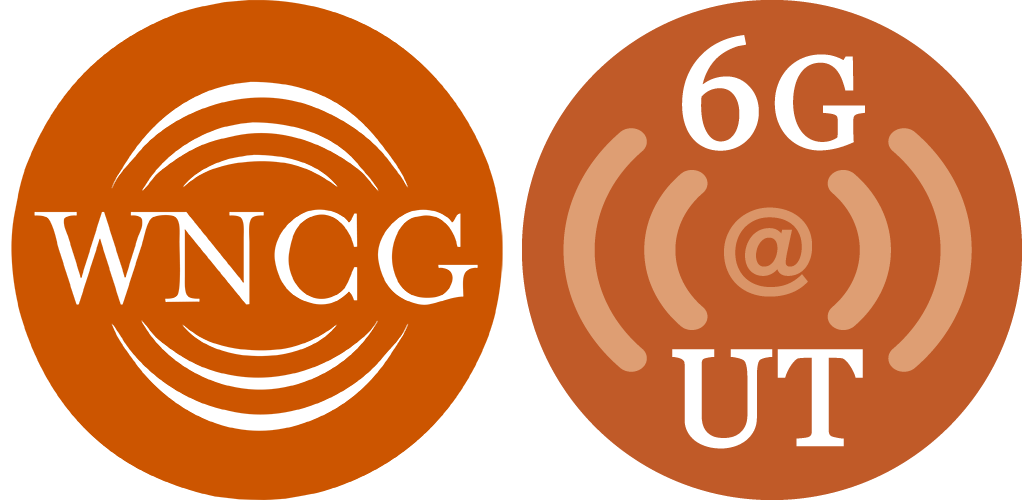Past Events
Event Status
Scheduled
Nov. 10, 2017, All Day
We are witnessing an unprecedented growth in the amount of data that is being collected and made available for data mining. While the availability of large-scale datasets presents exciting opportunities for advancing sciences, healthcare, understanding of human behavior etc., mining the data set for useful information becomes a computationally challenging task. We are in an era where the volume of data is growing faster than the rate at which available computing power is growing, thereby creating a dire need for computationally efficient algorithms for data mining.
Event Status
Scheduled
Jan. 26, 2017, All Day
Abstract: Vector and matrix codebooks can be applied in various communication and computation problems, especially in the MIMO domain. When problem dimensionality grows, as in massive MIMO problems, computation complexity for encoding and decoding becomes an issue. For this, codebooks with entries in a limited alphabet become particularly interesting. When codewords are complex-valued, the lowest multiplicative complexity is achieved if codebook entries come from the QPSK constellation. In this talk, QPSK codebooks are designed from families of mutually unbiased bases (MUBs).
Event Status
Scheduled
Dec. 16, 2016, All Day
Abstract: In this talk, I will present a novel blind image quality assessment (BIQA) algorithm inspired by the sparse representation of natural images in the human visual system (HVS). The hypothesis behind the proposed method is that the properties of natural images that afford their sparse representation are altered in the presence of distortion. The change in sparsity is quantified to show that it is indeed a measure of the unnaturalness or distortion in an image.
Event Status
Scheduled
Dec. 9, 2016, All Day
Abstract: The role of image quality assessment in tasks such as (i) the fusion of long wave infrared (LWIR) and visible images and (ii) face recognition in LWIR images has not been researched extensively from the natural scene statistics (NSS) perspective. For instance, even though there are several well-known measures that quantify the quality of fused images, there has been little work done on analyzing the statistics of fused LWIR and visible images and associated distortions.
Event Status
Scheduled
Nov. 11, 2016, All Day
Today's era of cloud computing is powered by massive data centers. A data center network enables the exchange of data in the form of packets among the servers within these data centers. Given the size of today's data centers, it is desirable to design low-complexity scheduling algorithms which result in a fixed average packet delay, independent of the size of the data center. We consider the scheduling problem in an input-queued switch, which is a good abstraction for a data center network.
Event Status
Scheduled
Oct. 21, 2016, All Day
Combinatorial design theory has its roots in recreational mathematics and is concerned with the arrangement of the elements of a finite set into subsets, such that the collection of subsets has certain “nice” properties. In this talk we shall demonstrate that interpreting designs in the right manner yields improved solutions for distributed storage and content caching and novel impossibility results for distributed function computation.
Event Status
Scheduled
Oct. 7, 2016, All Day
The Internet of Things (IoT) is the network of physical objects ‘things’. The connectivity requirements of the things depend heavily on the application. In this talk, we focus on the use cases that require low power consumption, long battery life, and are characterized by low duty cycle and massive number of low cost devices. This talk is divided into two parts. In the first part, we focus on Narrowband IoT system for low power cellular connectivity, and in the second part, we discuss ambient re-scatter communications that allow extreme low power short range connectivity.
Event Status
Scheduled
Sept. 16, 2016, All Day
Everyone has some experience of solving jigsaw puzzles. When facing ambiguities of assembling a pair of pieces, a common strategy we use is to look at clues from additional pieces and make decisions among all relevant pieces together. In this talk, I will show how to apply this common practice to develop data-driven algorithms that significantly outperform pair-wise algorithms. I will start with describing a computation framework for the joint inference of correspondences among shape/image collections.
Event Status
Scheduled
March 25, 2016, All Day
This talk will present recent work from the Socially Intelligent Machines Lab.

